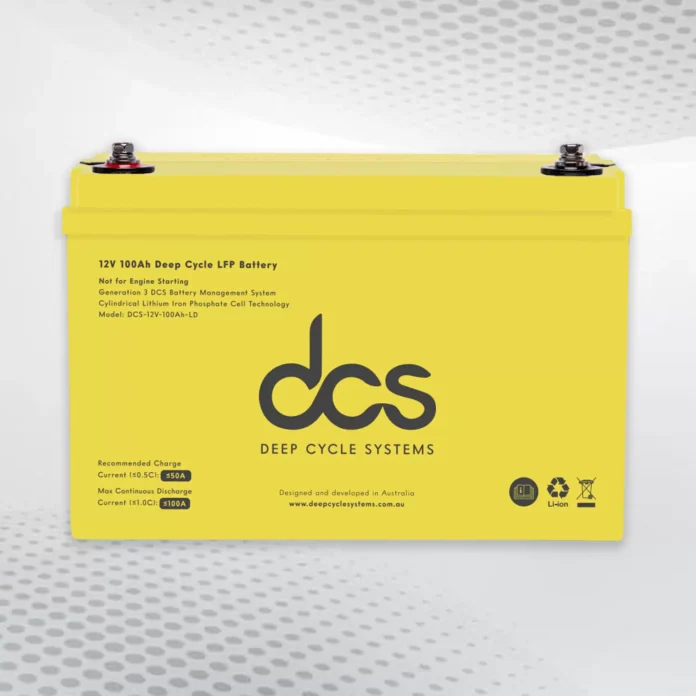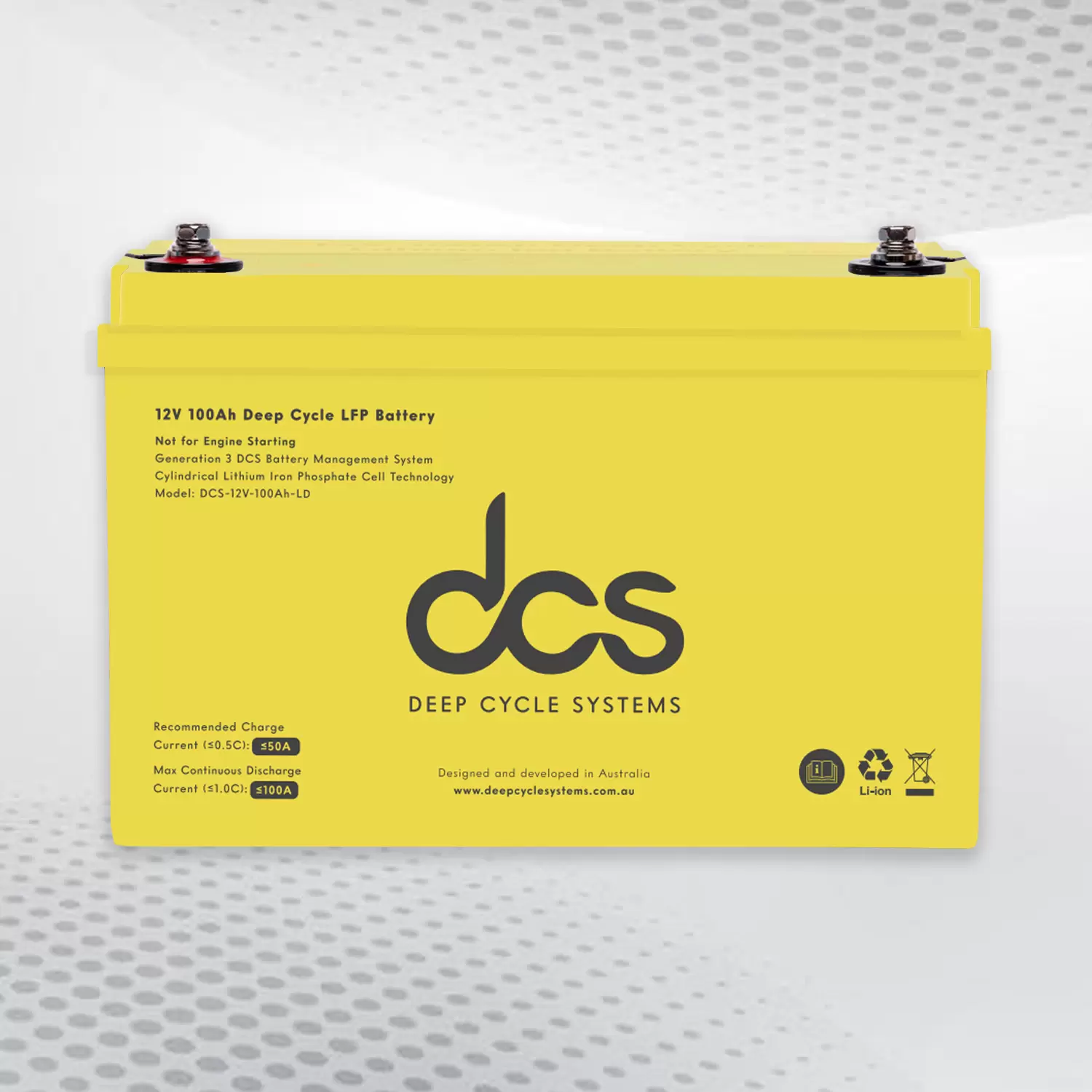As the world continues to shift towards a more sustainable and renewable energy future, the development of innovative energy storage solutions has become a pressing concern. Among the most promising technologies to emerge in recent years is the lithium-cranking battery, touted as a potential game-changer in the quest to store and manage energy efficiently. With their high energy density, long cycle life, and compact design, lithium cranking batteries have the potential to revolutionize the way we store energy, enabling widespread adoption of renewable sources like solar and wind power.
Introduction to Lithium-Cranking Batteries
As the world continues to shift towards a more sustainable and environmentally conscious future, the development of innovative energy storage solutions has become a pressing need. One such technology that has gained significant attention in recent years is lithium-cranking batteries, a revolutionary advancement that has the potential to disrupt the traditional energy storage landscape. Lithium-cranking batteries, also known as lithium-cranked batteries, are a type of rechargeable battery that uses lithium ions to store electrical energy. This technology has been touted as a game-changer in the field of energy storage, offering a range of benefits that make it an attractive alternative to traditional battery options.
In this article, we will delve into the world of lithium-cranking batteries, exploring the advantages and challenges of this cutting-edge technology. From its potential to revolutionize the way we store and use energy, to the challenges it faces in terms of scalability and cost, we will examine the intricacies of lithium-cranking batteries and their impact on the future of energy storage. Whether you’re a seasoned expert in the field or simply interested in the latest advancements in sustainable energy, this article will provide you with a comprehensive overview of the advantages and challenges of lithium-cranking batteries, and why they are likely to play a crucial role in shaping the future of energy storage.
What are Lithium-Cranking Batteries and how do they work?
At the forefront of the revolution in energy storage, Lithium-Cranking Batteries have taken the world by storm, offering a game-changing solution for the efficient and sustainable storage of electrical energy. These innovative batteries, also known as Lithium-Crank Batteries, utilize a unique combination of lithium metal and other advanced materials to create a high-performance energy storage system.
The magic of Lithium-Cranking Batteries lies in their ability to harness the power of lithium, a highly reactive and lightweight metal, to generate a high-capacity energy storage device. This is achieved through a complex process that involves the insertion of lithium ions into a porous matrix, allowing for the efficient absorption and release of electrical energy.
When connected to an external power source, Lithium-Cranking Batteries can rapidly charge and discharge, providing a high power density and rapid response time. This makes them an ideal solution for applications where high-energy storage is required, such as in electric vehicles, renewable energy systems, and grid-scale energy storage facilities.
In addition to their impressive performance capabilities, Lithium-Cranking Batteries also boast a number of environmental benefits, including reduced carbon emissions, minimized waste, and recyclable materials. As the world continues to shift towards a more sustainable future, Lithium-Cranking Batteries are poised to play a pivotal role in the development of renewable energy systems and the reduction of our reliance on fossil fuels.
Advantages of Lithium Starter Batteries
Lithium starter batteries have revolutionized the energy storage landscape, offering a multitude of benefits that have far-reaching implications for industries and consumers alike.
Energy Density
One of the most significant advantages of lithium-cranking batteries is their impressive energy density, which allows them to pack a substantial amount of power into a relatively small and lightweight package. This has made them an ideal choice for applications where space and weight are critical, such as electric vehicles and portable electronics.
Long Life Cycle
Another significant advantage of lithium-cranking batteries is their long cycle life, which means they can be charged and discharged hundreds of times without losing their capacity. This has made them a popular choice for renewable energy systems, where the batteries can be used to store excess energy generated by solar panels or wind turbines during the day, and then release it back into the grid when it’s needed.
High Discharge Rate
Lithium-cranking batteries also have a high charge/discharge rate, which enables them to quickly respond to changing energy demands. This makes them well-suited for applications that require rapid power delivery, such as grid-scale energy storage systems.
Challenges of Lithium-Cranking Batteries
As the world continues to shift towards a more sustainable future, lithium-cranking batteries have emerged as a promising solution for energy storage. However, despite their numerous advantages, these batteries are not without their challenges. One of the primary concerns is their toxicity. Lithium is a highly reactive metal that can cause skin irritation, respiratory problems, and even burns if not handled properly. This poses a significant risk to manufacturing workers, as well as consumers who may come into contact with the batteries.
Another challenge is the high cost of production. Lithium-cranking batteries require a significant amount of energy to produce, which drives up their cost. This makes them less accessible to many consumers, particularly in developing countries where access to energy is already a challenge. Furthermore, the extraction of lithium, a key component of these batteries, has raised environmental concerns. The mining process can have devastating effects on local ecosystems, threatening the biodiversity of entire regions.
Additionally, the disposal of lithium-cranking batteries is a significant challenge. The batteries contain toxic materials that must be disposed of in a responsible manner to prevent environmental harm. This requires specialized facilities and infrastructure, which can be lacking in many areas, leading to a risk of improper disposal and contamination.
Finally, the recycling of lithium-cranking batteries is a complex and expensive process. The recycling of lithium is particularly challenging, as it requires the separation of the various components, including lithium, cobalt, and graphite. This process is still in its infancy, and the cost of recycling is currently higher than the cost of producing new batteries. As the demand for lithium-cranking batteries continues to grow, it is essential that the industry develops more sustainable and cost-effective recycling methods.
The current state of 12 Volt Lithium Battery in the market
In the present market, 12 volt lithium battery has made significant strides in revolutionizing the energy storage industry. Today, these batteries are widely used in various applications, including electric vehicles, renewable energy systems, and consumer electronics. Their widespread adoption can be attributed to their numerous advantages, including high energy density, long cycle life, and low self-discharge rates. As a result, Lithium-Cranking Batteries have become a staple in the energy storage landscape, offering a reliable and efficient means of storing energy.
The commercial availability of Lithium-Cranking Batteries has also led to a decrease in their cost, making them more accessible to a broader range of consumers. This has prompted the development of innovative products and applications, such as portable power banks, backup power systems, and even grid-scale energy storage solutions. Moreover, the growing demand for sustainable energy solutions has driven the growth of the Lithium-Cranking Batteries market, with many companies investing heavily in research and development to improve their performance and efficiency.
However, despite their numerous advantages, Lithium-Cranking Batteries are not without their challenges. One of the primary concerns is the environmental impact of their production, as the extraction and processing of lithium and other materials can have significant environmental consequences. Additionally, the recycling of Lithium-Cranking Batteries is still a developing field, and there is a need for more effective and sustainable recycling methods to minimize waste and conserve resources.
Future outlook and predictions for the industry
As the world continues to transition towards a more sustainable and renewable energy future, the demand for advanced energy storage solutions is expected to skyrocket. Lithium-cranking batteries, in particular, are poised to play a crucial role in this shift, with their ability to efficiently store and release energy making them an attractive option for a wide range of applications. Looking ahead, experts predict that the industry will continue to evolve at a rapid pace, driven by breakthroughs in materials science and advancements in manufacturing technology.
In the near future, we can expect to see further improvements in the energy density and cost-effectiveness of lithium-cranking batteries, making them even more viable for widespread adoption. Additionally, research into new chemistries and battery architectures is likely to lead to the development of even more innovative and efficient energy storage solutions. As the industry continues to mature, we can also anticipate greater standardization and regulation, which will help to ensure the safe and responsible deployment of these technologies.
However, despite the many advantages of lithium-cranking batteries, the industry also faces significant challenges. The extraction of key materials, such as lithium, is often linked to environmental and social concerns, and there is a growing need for sustainable and responsible sourcing practices. Furthermore, the recycling and disposal of lithium-cranking batteries at the end of their life-cycle is a complex and pressing issue, which will require innovative solutions to address. As the industry looks to the future, navigating these challenges will be critical to ensuring the long-term success and sustainability of lithium-cranking batteries.
Conclusion
As we conclude our exploration of the revolutionary world of lithium cranking batteries, it’s clear that these innovative energy storage solutions are poised to transform the way we live and work. From their unparalleled energy density and long lifespan, to their game-changing potential for grid-scale energy storage, lithium-cranking batteries are undoubtedly a game-changer. While there are still challenges to overcome, such as recyclability and cost, it’s clear that the advantages of these batteries far outweigh the drawbacks. As the world continues to transition towards a more sustainable energy future, lithium-cranking batteries will undoubtedly play a key role.
FAQs
What distinguishes lithium-cranking batteries from other types of automotive batteries?
Lithium-cranking batteries, also known as lithium-ion starting batteries, stand out due to their lightweight and high energy density. Compared to traditional lead-acid batteries, lithium-cranking batteries can weigh up to 70% less while providing the same or even greater cranking power. Their compact size and superior energy-to-weight ratio make them ideal for high-performance vehicles, motorcycles, and other applications where weight and space are critical factors.
Do lithium staretr batteries require special maintenance compared to traditional lead-acid batteries?
One of the advantages of lithium starter batteries is their low maintenance requirements. Unlike lead-acid batteries, which may need periodic checks for electrolyte levels and terminal corrosion, lithium-cranking batteries typically require minimal maintenance. They are sealed units that don’t require topping up with water or electrolyte. However, it’s essential to follow the manufacturer’s guidelines for charging and storage to ensure optimal performance and longevity.
Can I use a lithium-cranking battery in my everyday vehicle, or are they only suitable for specific applications?
While lithium-cranking batteries are commonly associated with high-performance vehicles and racing applications, they can also be used in everyday vehicles. Many manufacturers offer lithium-cranking batteries designed as drop-in replacements for standard lead-acid batteries, making them suitable for cars, trucks, SUVs, and motorcycles. However, it’s important to ensure compatibility with your vehicle’s electrical system and charging requirements. Additionally, consider factors such as climate and driving conditions, as extreme temperatures or prolonged periods of inactivity can affect battery performance.
| Other Good Articles to Read |
| Niche Blogs Connect |
| Blogs 97 |
| Blog Stitution |
| Blogs Cotch Rouge |
| Blog Signatr |
| Blog Sintonias |
| Blog Zilla |
| Consumer Forums |
| Finance Forums |
| G Blogs |
| Too Blog |
| Related Business Listings |
| Contact Directory |
| Local Business Profiles |



